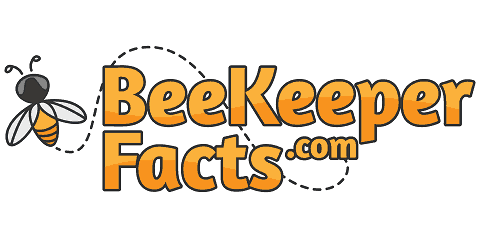Can You Buy Honey And Resell It? Ethical and Profitable?
Ah…. the sweet taste of pure raw honey, but do you know where your honey comes from and has it been labelled correctly?
As a new beekeeper, reselling other beekeepers honey probably isn’t something your planning on doing anytime soon. But as you become a more experienced beekeeper this may be a business model you would consider.
Yes you can buy honey in bulk and resell it. The majority of honey sold is brought to market via commercial packers in this manner. Trustworthy sources of honey, stringent testing, following local laws, and honest labelling are but a few best practices when reselling raw honey.
Buying honey in bulk and reselling is another aspect of beekeeping that isn’t discussed as much as how much money will I make from my hives. There are several important factors to consider when deciding to buy honey in bulk for resale which I will discuss below.
Can You Buy Honey In Bulk for Resale
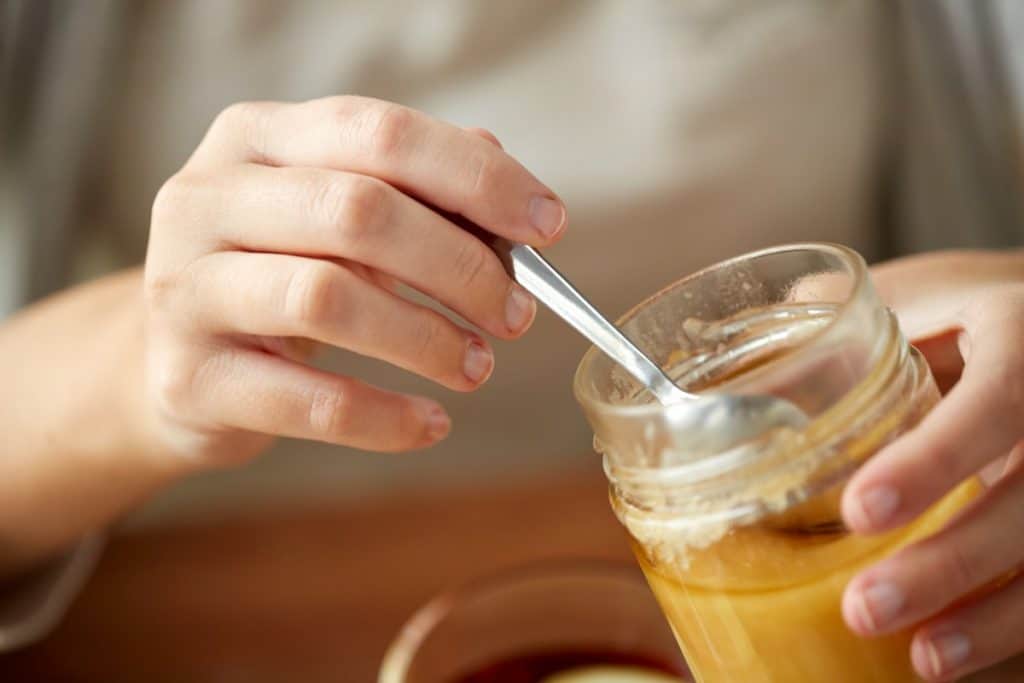
Buying honey in bulk from large commercial producers and reselling to retail customers is how the majority of honey is brought to market in the US and Canada. It is a common practice for smaller beekeepers to sell a portion of their honey to retail customers and the rest to other beekeepers for resale.
If you want to buy honey in bulk you will need quite a bit of infrastructure to store, test, label and then sell the honey to both retail and commercial customers. I’m not saying that this isn’t a good business model but this isn’t something a new beekeeper is going to necessarily dive into.
And if you prefer to just sell your honey and even some raw honeycomb, hold up for just a bit, I wrote an article all about how much money you can make selling your honey, and how much money you can make selling your raw honeycomb that I encourage you to read!
If you’re going to buy honey and resell it under your label, it would be prudent to have the honey tested and know the source of production. It’s okay to trust your source of honey, but it is always best to “trust but verify”. I realize it can be expensive to have your honey tested, but a sure way to ruin your brand and customer trust is to sell impure and mislabelled honey.
The majority of large commercial honey producers are ethical and take pride in their product and when their honey is sold to commercial packers it is only accepted after very stringent testing. Again, as I stated above, if the large commercial packers are doing this, then you should be testing as well when reselling honey.
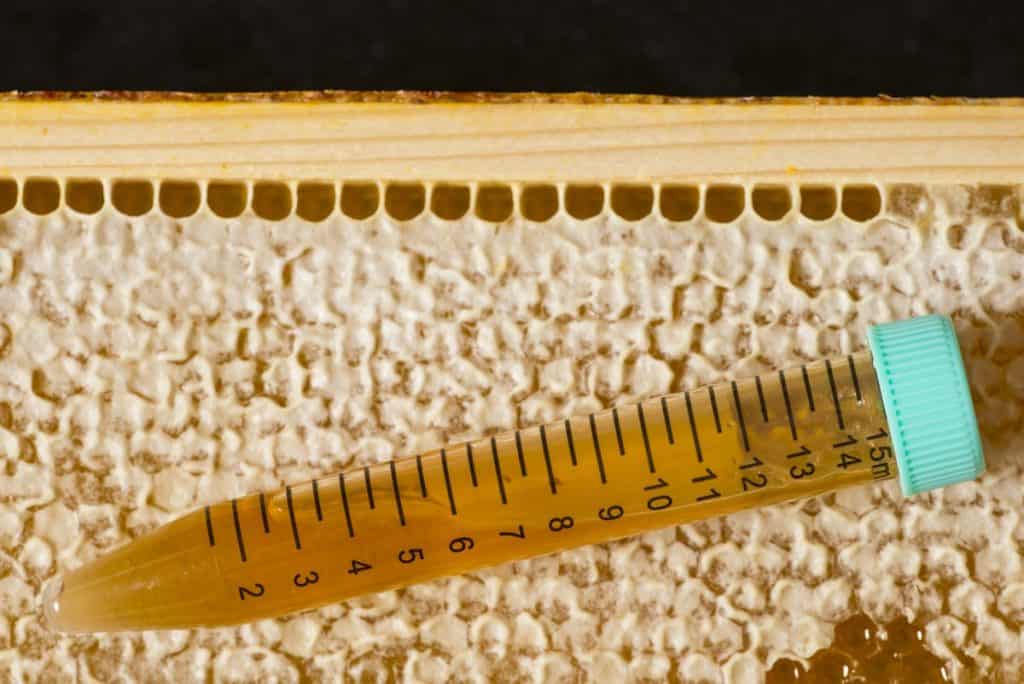
The majority of producers have strong ethics and pride in the purity of their raw honey, but there is always going to be a few bad actors that ruin it for others.
Another reason why this is how the majority of honey is brought to market is because large commercial honey producers don’t have the time or interest in selling or marketing their honey to retail. They wish to only focus on the production of high quality pure honey and not the retail side of the business.
Knowing the source of your honey is obviously important so you can properly label your honey for retail customers and know that it is safe to consume. You need to ensure your labelling of treatment free, farm fresh, local, raw, local wildflower, etc. is accurate and true by verifying the sources of your honey and their harvesting practices.
Consumers are increasingly concerned with the safety and source of their food, including honey. Being a fully transparent seller, whom is confident in their product, will only strengthen consumer confidence and word of mouth about the quality of your honey and brand.
Keeping good records of the sources of your honey, any testing done, lots and bottling will ensure you’re tracking the quality of your honey and abiding by any local laws and regulations.
As every state, province, or country have different laws pertaining to the packaging and labelling of honey I would recommend making sure you are adhering to any local laws when it comes to selling a food product to consumers. Your local beekeeping association and local beekeepers are a great resource to ensure you are following all local laws and regulations.
If you’re looking for other potential income from your hives, I wrote a comprehensive guide all about how many bee hives it takes to make a living that I encourage you to read.
Does Raw Honey Need To Be Labelled
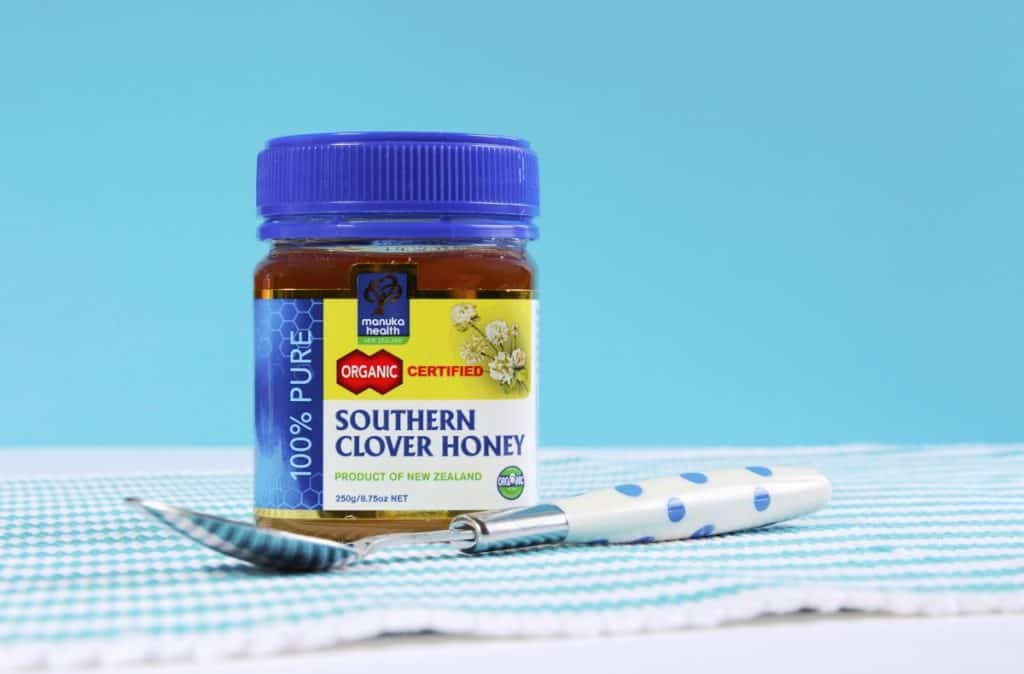
All honey sold to consumers needs to be correctly labelled and adhere to your federal, state or province, and local laws and regulations for the labelling and sale of honey.
Labelling will vary depending on your region but here are some of the most common requirements for your labels:
Common name – labelled as just “Honey” or “Raw Honey”, or “Pure Honey” etc. It is important to understand the difference between Raw and Pure honey.
- Raw honey is pure honey that has not been heated to the point of pasteurization and preserves the benefits of naturally occurring enzymes, vitamins and minerals, and personally I find it tastes much better than pasteurized honey.
- Pure honey is 100% pasteurized honey. The pasteurization process varies by region regarding the temperature used, usually between 65°C (150°F) to 71°C (160°F).
Floral sources – the name of the plant or blossom the honey was made from. Such as wildflower, clover, sunflower, canola, etc.
Net weight
Ingredients – if the honey contains any other ingredients such as spices or flavoring.
Country of origin
Contact Information – manufacturer, packer, or distributor’s name and address, website, etc
Warning Labels – some regions require this indicating that honey is not safe for infants to consume.
Nutrition Facts – some producers will include this as part of their label, but most regions don’t require these.
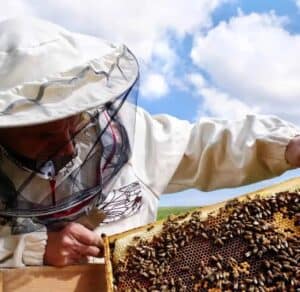
Joseph Davis
My goal is to show that anyone can take up beekeeping and it can be a very rewarding hobby. I strive to share my experiences and answer any questions you may have.
